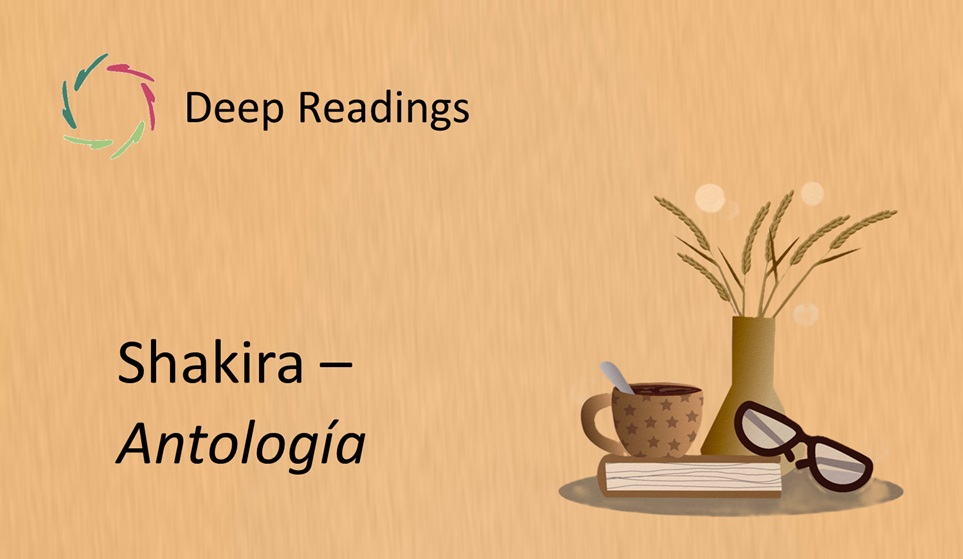Deep Readings: William Wordsworth ― Tintern Abbey ― (1798)

The Fragment
“These beauteous forms,
Through a long absence, have not been to me
As is a landscape to a blind man’s eye:
But oft, in lonely rooms, and ‘mid the din
Of towns and cities, I have owed to them
In hours of weariness, sensations sweet,
Felt in the blood, and felt along the heart;
And passing even into my purer mind
With tranquil restoration.”
(Public domain, full poem available via Project Gutenberg)
Contextual Glimpse
Wordsworth composed Tintern Abbey in 1798, on a walking tour with his sister Dorothy. Though framed as a descriptive poem, it is a deeply personal meditation on memory, nature, and time. These lines appear as the speaker recalls how the beauty of a natural place — long unseen — still lives within him, offering solace even in the most chaotic or urban moments.
The “beauteous forms” refer to the Wye Valley landscape, but the fragment is more than just scenery. It captures the inner continuity between past perception and present feeling — how moments of deep seeing remain alive inside the body and mind.
Resonance
Nature becomes not a memory, but a presence within. The landscape is not lost, not distant, not even past. It is carried in the “blood” and “heart,” bypassing conceptual thought to live subconceptually — through sensation, feeling, restoration.
The “lonely rooms” and “din of cities” stand for the mental noise of modern life. Yet amid this, the remembered landscape offers something wordless and vital. It moves inward, nourishing not by nostalgia but by quiet renewal. What is external becomes internal — not as image, but as lived energy.
These lines are not just about pastoral escape. They describe how the mind holds beauty in a way that continues to act — healing, calming, transforming. Even when we are cut off from the source, something inside still flows.
Why this may also be about you
You may carry your own “beauteous forms” — not only nature, but moments of clarity, peace, or meaning. They may return in strange times, when least expected.
These inner returns can feel more real than what surrounds you. That is their power. They are not gone. They are waiting.
Lisa’s inspired, original idea about this fragment
Imagine a flower that once touched your hand — now growing quietly in your bloodstream. Not seen, but sensed. That’s what Wordsworth describes.
These aren’t memories; they’re inner gardens. You don’t need to revisit them. They revisit you.
Echoes
Tintern Abbey became one of the cornerstones of English Romanticism, influencing countless poets and thinkers. Its reverence for the natural world and deep subjectivity marked a shift in poetry’s focus. The lines quoted here have been referenced in essays on ecology, mindfulness, and even modern psychology as examples of affective memory.
Their afterlife proves their point. These words, written over 200 years ago, continue to offer “tranquil restoration” to modern readers. They are still “felt along the heart.” In this way, the poem does what it speaks of: it returns, quietly, just when needed.
Inner Invitation
Bring to mind a landscape or place that once stirred something deep in you. Don’t try to visualize it. Let it appear gently.
Where do you feel it now — in your chest, your breath, your mind? Let it be not a memory but a presence.
Let this fragment live inside you for a while, like a soft pulse from the past into now.
Closing Note
This is about the human being you are — not as a container of memories, but as someone who is still being shaped by what once touched you deeply.
The outside becomes inside, and remains.
Lisa’s final take
What you remember is already remembering you.
Keywords
Wordsworth, memory, nature, restoration, landscape, heart, mind, solitude, cities, inner peace, Romanticism, time, presence, healing, poetry


